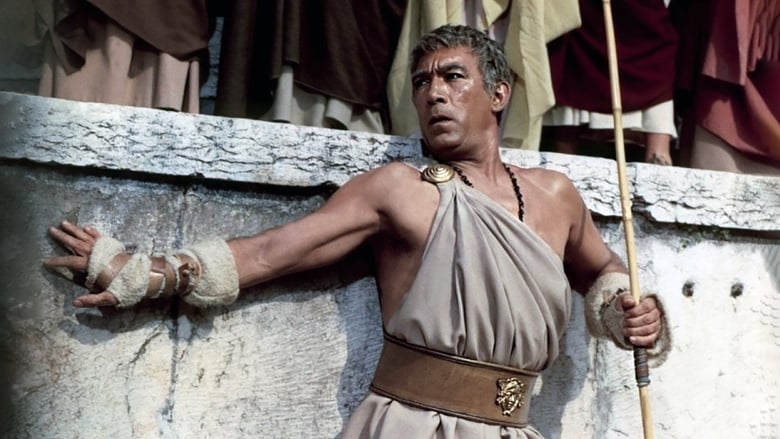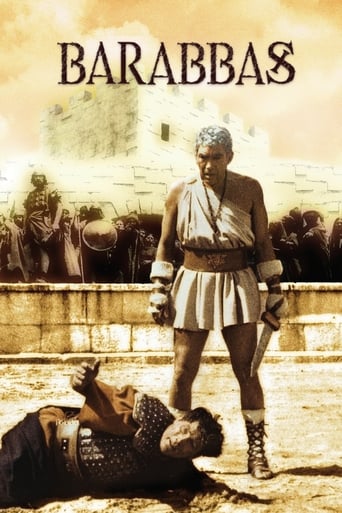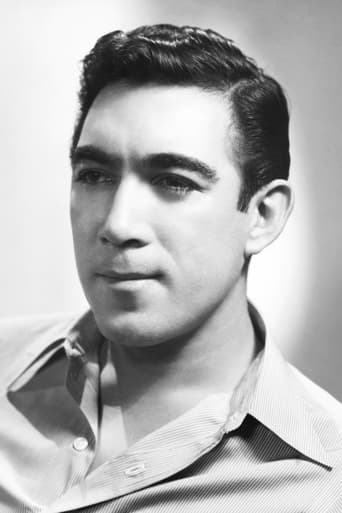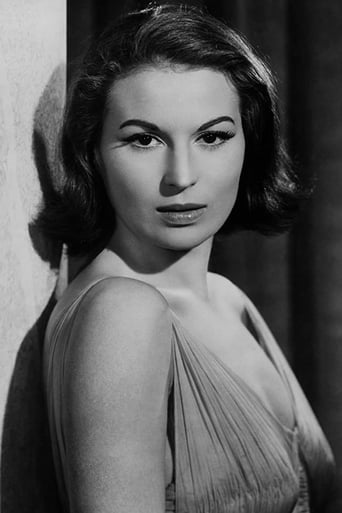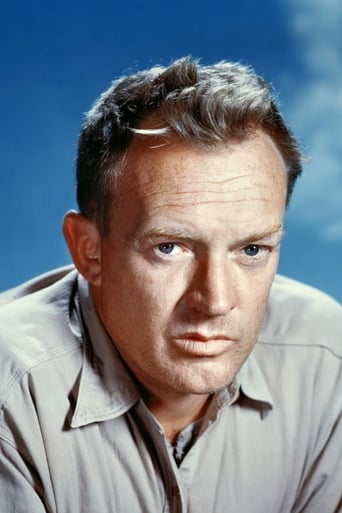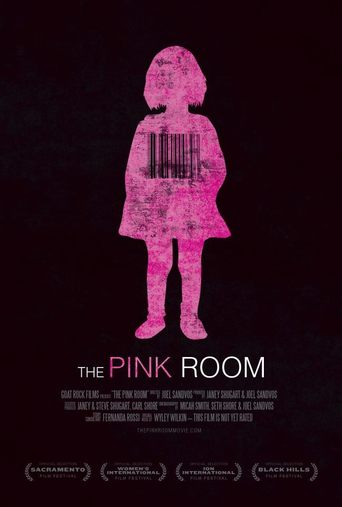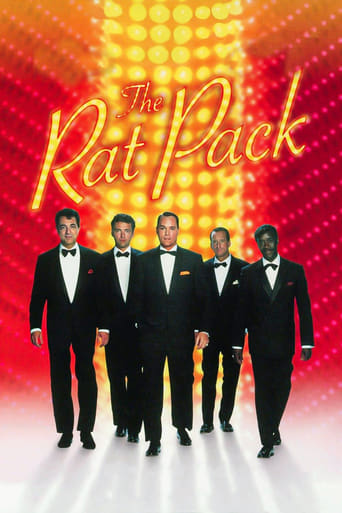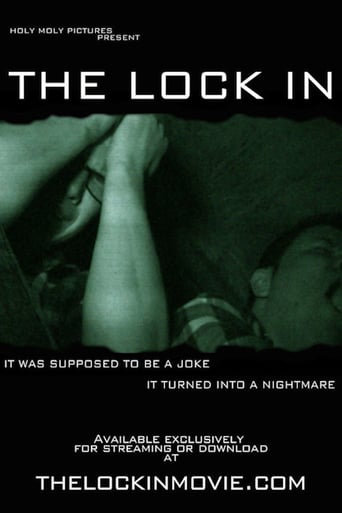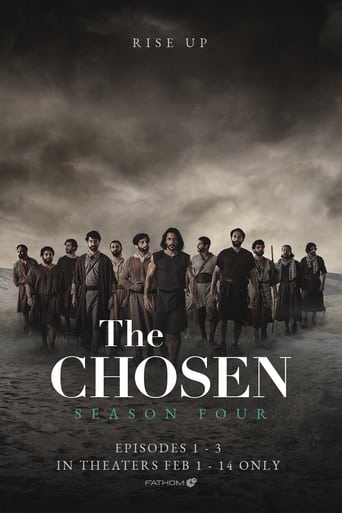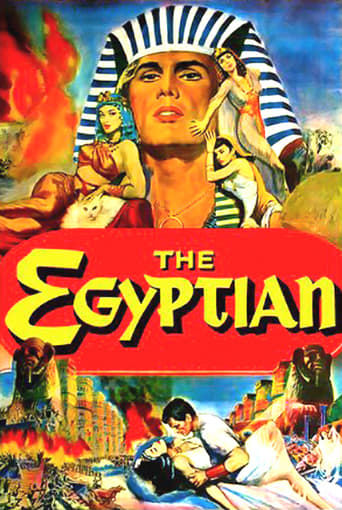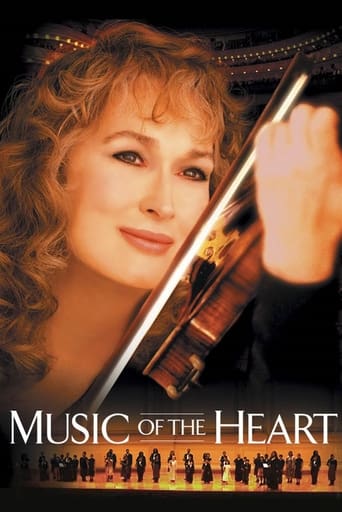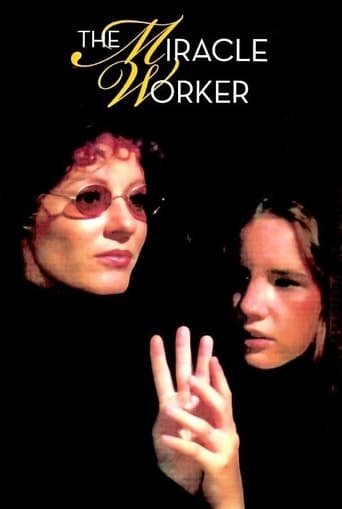Barabbas (1962)
Epic account of the thief Barabbas, who was pardoned for his crimes and spared crucifixion when Pilate offered the Israelites a choice to pardon Barabbas or Jesus. Struggling with his spirituality, Barabbas goes through many ordeals leading him to the gladiatorial arena, where he tries to win his freedom and confront his inner demons, ultimately becoming a follower of the man who was crucified in his place.
Watch Trailer
Free Trial Channels
Cast


Similar titles
Reviews
just watch it!
Excellent, smart action film.
The plot isn't so bad, but the pace of storytelling is too slow which makes people bored. Certain moments are so obvious and unnecessary for the main plot. I would've fast-forwarded those moments if it was an online streaming. The ending looks like implying a sequel, not sure if this movie will get one
I think this is a new genre that they're all sort of working their way through it and haven't got all the kinks worked out yet but it's a genre that works for me.
"Barabbas", based on the novel by the Nobel Prize winning author Pär Lagerkvist, follows the life of the thief who was spared by Pontius Pilate, rather than Jesus, at the bidding of the mob. The story begins with the events as told in the gospels, then follows Barabbas as he becomes a slave in the mines, then wins his freedom as a gladiator only to find death and redemption in the aftermath of the fire that destroyed Rome in 64 AD. The cinematography, including the famous eclipse scene during the crucifixion, is excellent. A common theme in the film is darkness (and its antithesis, light) and many scenes have very high contrast, with colours standing out against a black background, reminiscent of chiaroscuro paintings. Even scenes that are more evenly lighted, such as Barabbas' meeting with Lazarus, look like Renaissance paintings. All the spectacle expected in a Biblical epic is there and the stunt scenes during the fights in the arena are excellent. Anthony Quinn does not emote much in the film, but like the character he plays, seems to constantly searching both within and without. An excellent rendition of a great story.
The success of films like "The Robe" (based on a novel by Lloyd Douglas) and "Quo Vadis?" (based on a novel by Henryk Sienkiewicz) had Hollywood producers scouring the libraries and the bookshops for other novels about the life of Christ and the early Church that could be turned into quasi-Biblical epics. Lew Wallace's "Ben-Hur" must have seemed a natural for this treatment, and the resulting film is one of the greatest epics ever made, but there were some more obscure entries in the cycle such as the eccentric "The Silver Chalice". "Barabbas" was based on a novel by the Swedish writer Pär Lagerkvist, a winner of the Nobel Prize for literature. The gospels do not tell us very much about Barabbas, the man released by Pontius Pilate in preference to Jesus, except that he was a criminal of some sort. The four evangelists cannot even agree on the nature of his crimes; Mark and Luke accuse him of rebellion and murder, John of robbery, while Matthew simply calls him a "notorious prisoner". In Lagerkvist's account he resumes his criminal career after his release, is recaptured and condemned to work as a slave in the sulphur mines of Sicily, and later becomes a gladiator. (And what Roman epic would be complete without gladiators?)When Monty Python's controversial "Life of Brian" was attacked for allegedly ridiculing Christianity, the Pythons claimed that their satire was not aimed at Christ's teaching but at grandiose, excessively reverential religious epics. Their critics may have dismissed this claim as disingenuous, but "Barabbas" strikes me as precisely the sort of film the Pythons were sending up. The script was written by the then-famous dramatist Christopher Fry and although it is not in verse, unlike most of Fry's stage plays, the dialogue often seems heavy and ponderous. As a practising Pythonist of long standing I kept hearing echoes of "Brian" throughout; during the release scene I was expecting the crowd to shout "Welease Bawabbas! He's a wobber and a wapist!" When Barabbas' ex- girlfriend Rachel, who has become a Christian, is stoned to death for blasphemy, I wondered if she had committed the sin of remarking "That piece of fish is good enough for Jehovah!"And yet, despite its tendency to slide into unintentional self-parody, this is not altogether a bad film. It was directed by Richard Fleischer, a director whose films varied in quality but who could generally come up with something original. He worked in virtually every movie genre known to Hollywood, and when he made two films in the same genre was careful not to repeat himself. Thus his two science-fiction films, the steampunk "20,000 Leagues under the Sea" and the psychedelic "Fantastic Voyage" are nothing like one another, and his "The Girl in the Red Velvet Swing" and "10, Rillington Place" are about as dissimilar as it is possible for two based-on-fact historical crime dramas to be. Fleischer had made a previous epic, "The Vikings", but this mediaeval adventure story is very different to "Barabbas". Many epics were noted for their brilliant colour- by the fifties a black-and-white epic was virtually unthinkable- but "Barabbas" is sombre in tone with dull, muted colours. It does, however, include moments of spectacle, including a splendid duel in the arena and a crucifixion scene shot during a real eclipse of the sun. The film's other great strength is the performance of Anthony Quinn in the title role. As conceived by Lagerkvist, Barabbas is a man troubled by the implications of his unexpected reprieve from death. He recognises Christ as somebody special but does not, except at the very end of the film, fully accept the truth of Christianity, even though he is befriended by a Christian prisoner while in the mines. Quinn plays the role with a blazing sincerity which sets him apart from many leading men in films of this nature; Paul Newman, for example, gave one of his worst performances in "The Silver Chalice", and Richard Burton is hardly at his best in "The Robe". Jack Palance, who was about the only watchable thing about "The Silver Chalice", is also good here as the arrogant and sadistic gladiator Torvald who fights Barabbas in the arena. Torvald fights from a chariot, in a scene obviously influenced by the chariot race in "Ben-Hur".(Incidentally, I wonder why Lagerkvist gave the common Scandinavian Christian name "Torvald" to one of his characters; this struck me as the equivalent of a British novelist calling a Roman gladiator "Bill" or "Harry". Admittedly, the name, which incorporates that of the pagan god Thor, could have been used in pre-Christian times, but it is unlikely that someone from Scandinavia, to the Romans a little-known land far outside their empire, could have made his way to Rome)."Barabbas" is not the best-known of the quasi- Biblical epics, although it has been kept in the public eye by occasional showings over the Easter holidays. It cannot compare in quality with something like "Ben- Hur", but Quinn's acting and Fleischer's directorial touches give it a certain quality which lifts it above the likes of the ludicrous "Silver Chalice". 6/10
I will give 9 out 10 because this film was well presented. Anthony Quinn, as usual, was a good actor. I do not know how accurate is the historical events regarding Barabbas in this film, but I believe that Barabbas was more a rebel against the State...the State which was and it is up to nowadays million of times more evil than Barabbas.At the end we have some doubts were Barabbas was repent in the cross while Rome was burning.Forgot to mention Jack Palance, another good actor and Ernest Borgnine.I have this film in DVD and I recommend for those who like history and cinema. I will compare this film with Ben Hur, Spartacus, Eld Cid, King of kings...and many classics from the 60's.
This movie was a pleasant surprise. I'm an atheist but if you grant the story whatever you grant other stories you can take it as it is; a better than average narrative. Choosing Barrabas as the protagonist allows this movie to avoid the simpleton, heraldic treatment of good Christians vs. bad pagans. Though it certainly falters here and there. As with all Biblical epics the movie does have one or two Christian dullards who are mad at the Romans for killing Christ. Well yes, and if you're a believer, his death is the foundation of your religion and man's salvation. How could you not understand something so fundamental? How could you miss the point so completely? Well... because people can't reason to save their lives.Barrabas takes forever to figure it all out. He is a true dullard, as his character would be. And Anthony Quinn keeps his performance in check (No hamming). The movie is shot beautifully/naturally, without a lot of arid prettiness to let your mind stray from the point. In the end, it is admirably true to grave matters of theology. Rather than vanquish some two dimensional baddie (which means zero in the grand scheme of things) the real finish of this movie has to do with the condition of Barrabas' tortured, oblivious soul. As I viewed the ending I was quite surprised, since as I watched I was thinking, "ten to one Hollywood and the writers miss the point and off some irrelevant villain." You will not be whistling a happy tune, and ordering a pizza after the final images.

